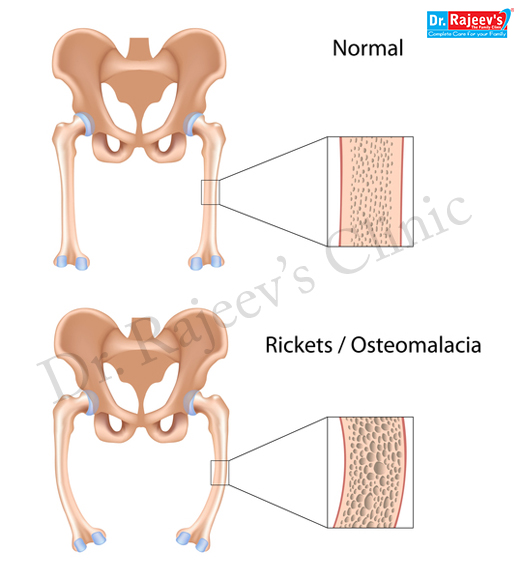


Dent disease is a rare, genetic disease affecting the kidneys. In this disease, one finds the excessive passing of proteins and calcium in the urine. Due to the genetic defect, the kidneys pass excessive calcium in the kidneys; there are excessive deposits of calcium in the kidneys, which could potentially lead to the failure of the kidney. Due to calcium deposits, kidney stones are also formed. Also, the leakage of calcium leads to poor concentration of calcium in the bones leading to deformity of bones, called Rickets.
It is an X-Linked recessive inherited condition due to mutation(s) in two genes, namely CLCN5 gene and OCRL1 gene. The CLCN5 and OCRL1 genes are involved in re-absorption of minerals and nutrients from the proximal (upper) segments of the basic filtration unit of kidneys called nephrons. Gene mutations give rise to reduced re-absorption of minerals and nutrients, thereby giving rise to symptoms of Dent Disease. dr. Charles Dent first observed this disease condition.
About 60% of patients of Dent Disease have a mutation in the CLCN5 gene (Dent Type 1 disease – predominantly renal manifestation), and 15% of patients have mutations in the OCRL 1 gene (Dent Type 2 disease – extra renal manifestation). The exact mechanism is still not fully understood.
Occurrence:
Dent’s disease is a rare disease, with about 250 affected families reported. Males are exclusively affected as it is an X-linked genetic disorder. Female carriers may present with milder form. Symptoms appear in early childhood. It is an under-diagnosed disease due to the asymptomatic presentation and overlapping of symptoms of similar renal pathologies.
No particular race or ethnic group is at more risk than others.
Prognosis:
Vital prognosis is good in the majority of patients. Progression to end-stage renal failure occurs between the 3rd and 5th decades of life in 30-80% of affected males.
Diagnosis:
Conventional Treatment:
Terebinth, Capsicum, Sarsaparilla, Cantheris.